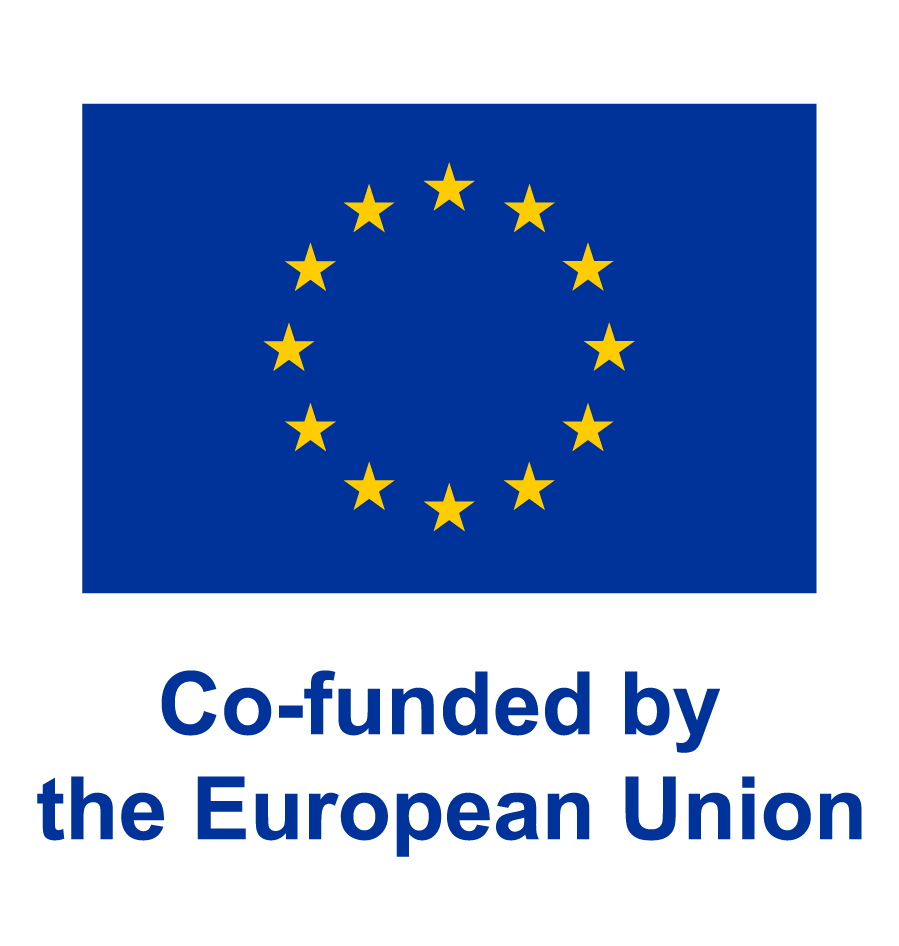Miniaturisation and optimisation of the Dutch mini-Luke extraction method for implementation in the routine multi-residue analysis of pesticides in fruits and vegetables
A. Lozano, B. Kiedrowska, J. Scholten, M. De Kroon, A. De Kok, A.R. Fernández-Alba.
Food Chemistry Volume 192, 27 July 2016, Article number 17861, Pages 668-681
Abstract
This paper presents the validation and further miniaturisation of the well-known Dutch mini-Luke method for high water and acid content matrices for 175 pesticides amenable to liquid- and gas chromatography-mass spectrometry. For optimisation of the method, recovery tests with different sample/extraction solvent ratios, varying amounts of dichloromethane and salts were performed with fifty representative pesticides. Solvent consumption could be reduced considerably, especially for the dichloromethane (by a factor of 3). Recovery studies performed with lettuce and orange matrix spiked at 0.005, 0.01 and 0.02 mg/kg yielded average recoveries in the range 70-120% with relative standard deviation values below 20% for almost all the pesticides tested. The linearity over three orders of magnitude was demonstrated (r2 > 0.99). The matrix effect could be considered as not significant. The limit of quantification was 0.005 mg/kg for 96% of the compounds. The optimised New Dutch mini-Luke("NL"-) method was applied successfully in routine analysis and the EUPT FV-16 sample.
© 2015 Published by Elsevier Ltd.
If you want to obtain the full text document, please contact with us:
Carmen Ferrer: cferrer@ual.es (+34) 950 014 102
Octavio Malato: omalato@ual.es (+34) 950 214 423
Published 25-04-2016, 20:10:03
Top of Page

